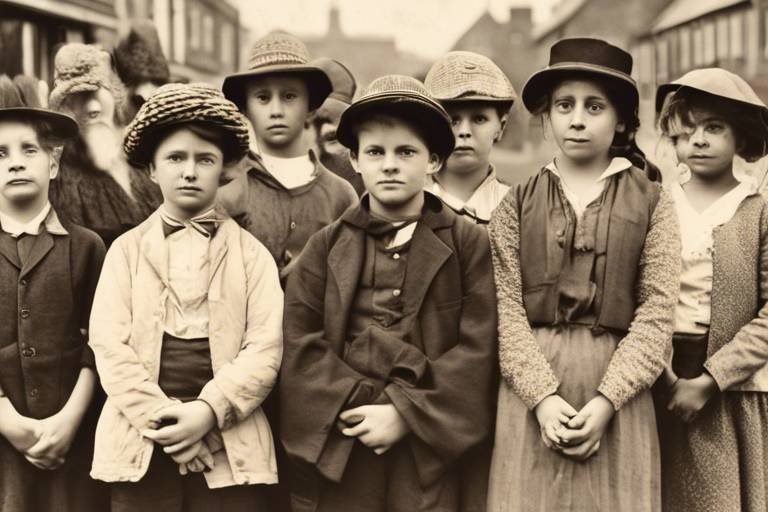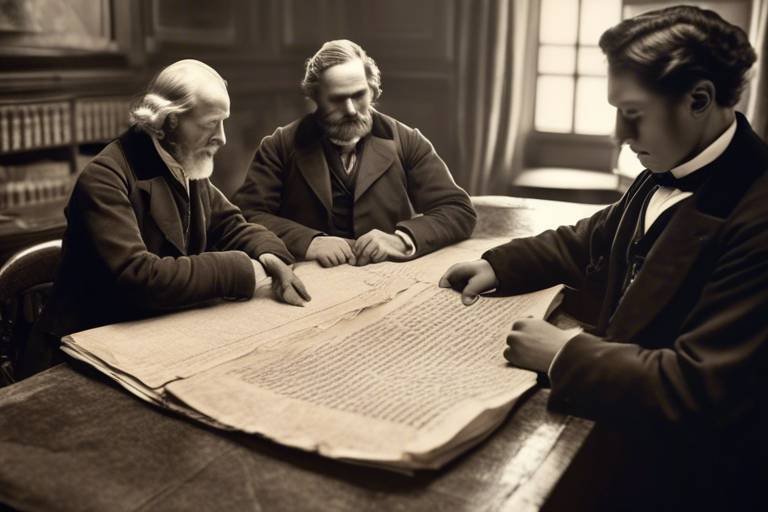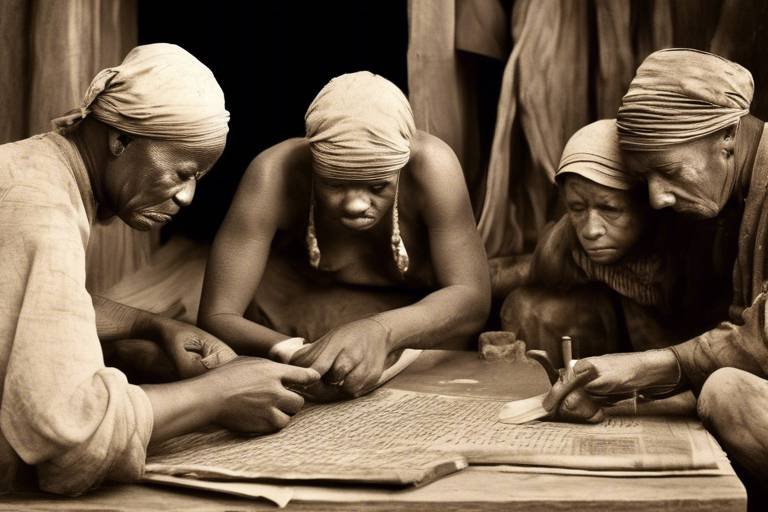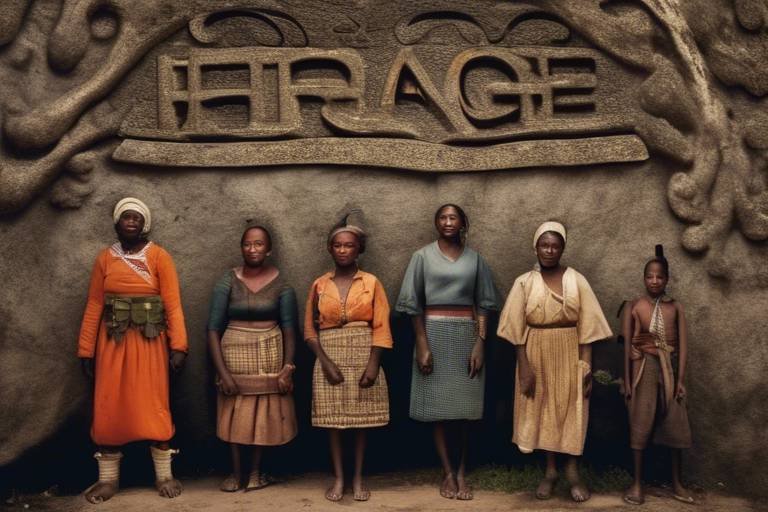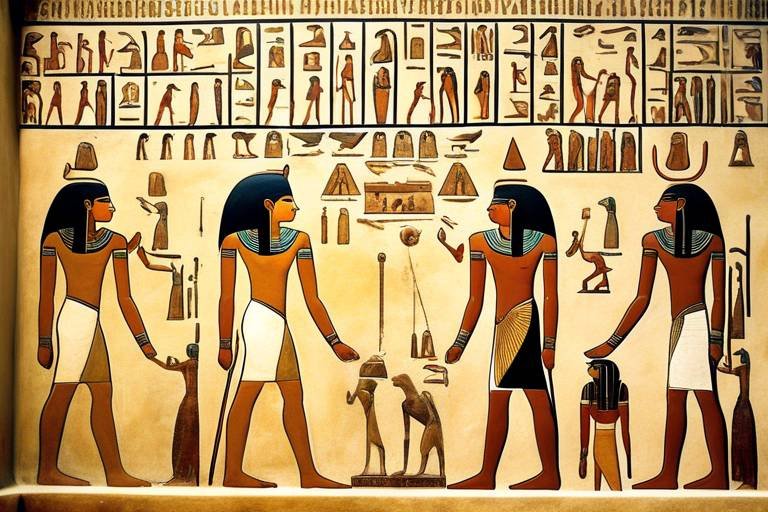The Role of Local History in Community Engagement
Local history plays a crucial role in enhancing community engagement and fostering a strong sense of belonging among residents. By delving into the stories, events, and traditions that have shaped a community, individuals can develop a deeper connection to their surroundings and fellow community members. This shared understanding of local history serves as a unifying force, bringing people together and creating a sense of shared identity.
When communities actively preserve and celebrate their local history, they are not just honoring the past but also laying the foundation for a vibrant future. By recognizing the cultural identity embedded in historical narratives, residents can take pride in their heritage and traditions. This pride, in turn, instills a sense of ownership and responsibility for preserving the community's unique character and legacy for future generations.
Moreover, an awareness of local history can inspire residents to participate in civic activities and contribute to the betterment of their community. Understanding the struggles, triumphs, and challenges faced by previous generations can motivate individuals to engage in volunteer work, advocate for important causes, and exercise their rights as active citizens. Through this engagement, communities can address pressing issues, build a stronger social fabric, and create a more inclusive environment for all.
By sharing knowledge of local history across different age groups, communities can bridge generational divides and foster meaningful connections between residents. Older members can impart wisdom and firsthand accounts of the past, while younger individuals bring fresh perspectives and energy to the conversation. This inter-generational exchange not only preserves historical knowledge but also promotes empathy, understanding, and mutual respect among community members of all ages.
Education plays a vital role in raising awareness about local history and its significance in shaping the community's identity. Schools, museums, and cultural institutions can serve as platforms for learning about the past, encouraging residents to explore their roots and understand the evolution of their surroundings. By deepening their knowledge of local history, individuals can develop a greater appreciation for their community and actively contribute to its preservation and growth.
Furthermore, leveraging local history for heritage tourism can provide economic benefits to communities by attracting visitors, supporting local businesses, and creating opportunities for cultural exchange. Historical sites, landmarks, and events can draw tourists seeking authentic experiences and a deeper connection to the places they visit. This influx of visitors not only boosts the local economy but also raises awareness about the community's heritage on a broader scale.
Through a historical lens, communities can address contemporary social issues by drawing parallels between past events and current challenges. By examining historical injustices, movements, and transformations, residents can gain insights into the root causes of present-day issues and work towards meaningful solutions. This historical perspective fosters empathy, understanding, and a shared commitment to creating a more just and equitable society for all.
Collaborative projects that center around local history can serve as catalysts for community initiatives, partnerships, and collective efforts to preserve and promote heritage. By bringing together diverse stakeholders, such projects encourage cooperation, creativity, and a shared sense of purpose in safeguarding the community's cultural legacy. Through collaborative endeavors, residents can pool their resources, skills, and knowledge to create lasting impact and ensure that their local history remains a vibrant part of their collective identity.
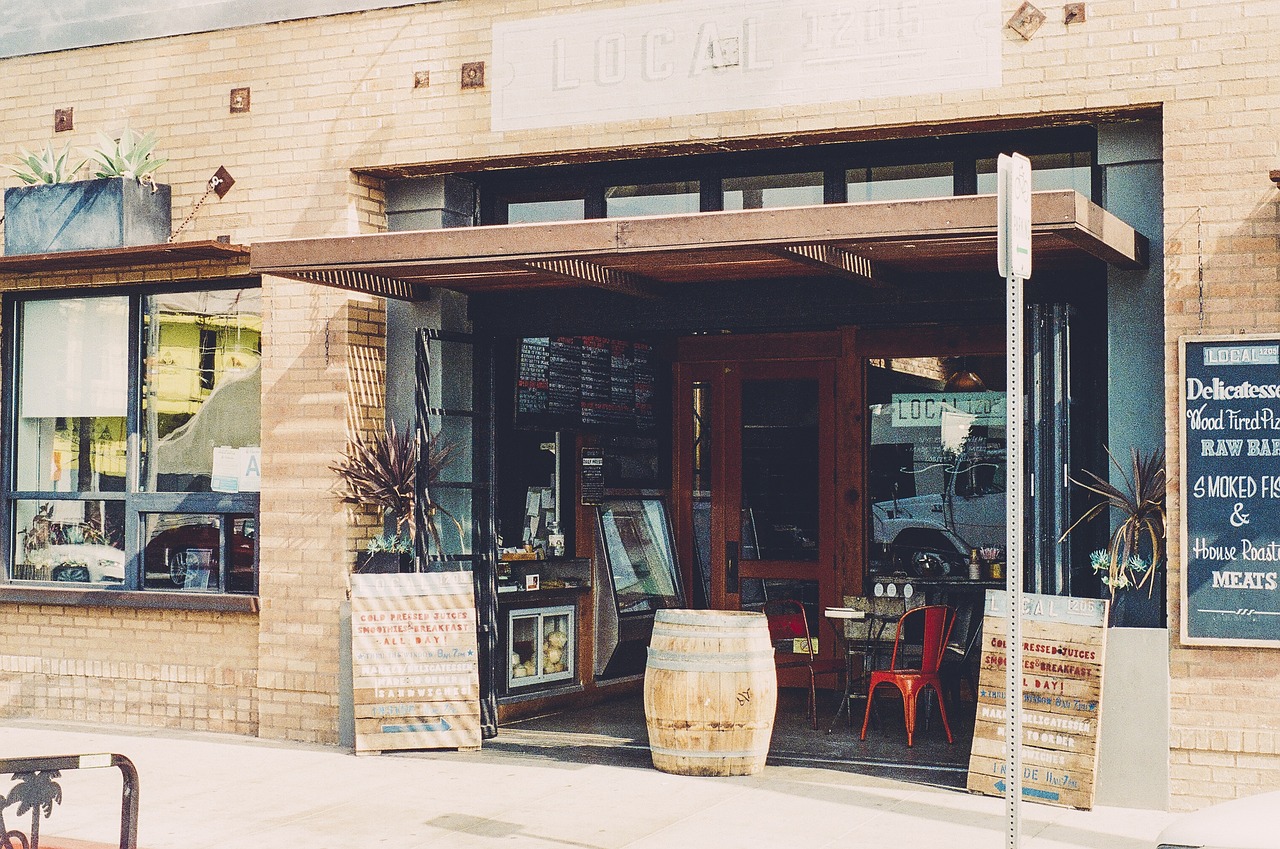
Preserving Cultural Identity
Preserving Cultural Identity is a crucial aspect of local history that plays a significant role in shaping the collective identity of a community. By delving into the historical roots, traditions, and values unique to a particular region, residents can establish a strong connection to their heritage, fostering a sense of pride and belonging.
Through the preservation of cultural identity, communities can maintain their distinctiveness in a rapidly changing world. Understanding the historical significance of local customs and practices not only honors the past but also ensures that future generations carry forward the legacy of their ancestors.
Local history serves as a thread that weaves together the diverse tapestry of a community, creating a shared narrative that binds residents together. By celebrating and preserving cultural identity, communities can embrace their differences while finding common ground based on a rich historical heritage.
Furthermore, the knowledge of local history empowers individuals to appreciate the unique characteristics that define their community. It instills a sense of respect for the traditions passed down through generations and encourages active participation in cultural events and initiatives that promote and preserve the local heritage.
Preserving Cultural Identity through local history is not merely about looking back at the past but also about shaping the future. By recognizing and valuing the cultural diversity within a community, residents can build a strong foundation for unity, respect, and mutual understanding, ensuring that their heritage continues to thrive for generations to come.

Enhancing Community Pride
Enhancing Community Pride is a vital aspect of fostering a strong sense of belonging and identity within local neighborhoods. When residents are aware of their community's history, they often develop a deep sense of pride in their roots and heritage. This pride serves as a driving force for individuals to actively participate in preserving and celebrating the unique aspects of their community.
By understanding and appreciating the historical significance of their surroundings, residents are more likely to take ownership of their community's cultural heritage. This ownership translates into a collective effort to maintain historical landmarks, traditions, and values that define the community's identity.
Moreover, when community members feel proud of their local history, they are more inclined to engage in activities that showcase and honor their heritage. Festivals, heritage walks, and cultural events become opportunities for residents to come together, share stories, and celebrate the richness of their shared past.
Enhancing Community Pride through local history also contributes to building a strong social fabric within neighborhoods. When individuals feel a sense of pride in their community, they are more likely to form connections with their neighbors, collaborate on community projects, and work towards common goals that benefit the entire locality.
Ultimately, fostering Community Pride through an appreciation of local history creates a sense of unity and belonging among residents. It encourages a shared responsibility for preserving the community's unique identity and heritage, ensuring that future generations can continue to take pride in their roots.
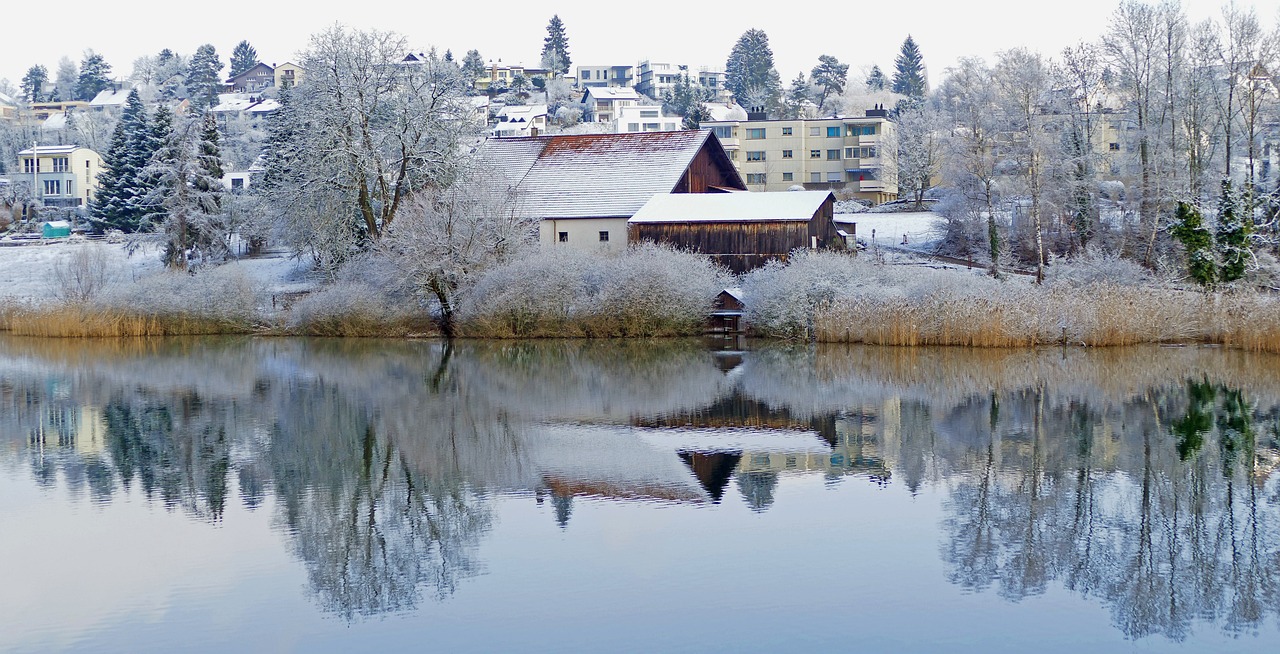
Stimulating Civic Participation
Exploring how local history can strengthen community bonds, foster a sense of belonging, and promote civic participation through shared narratives and heritage preservation.
Understanding local history goes beyond just knowing the past; it can ignite a spark within community members to actively participate in shaping the present and future. By delving into the stories and events that shaped their locality, individuals are motivated to contribute to the betterment of their community. This deeper connection to the past can inspire civic engagement in various forms, from volunteering for local initiatives to advocating for important causes.
Imagine a town where every resident is not just a bystander but an active participant in community affairs, where each voice is heard, and every action counts. This is the power of local history in stimulating civic participation. It creates a sense of shared responsibility and ownership, encouraging individuals to take pride in their community and work together towards common goals.
Moreover, when people are aware of the struggles and triumphs of their predecessors, they are more likely to appreciate the importance of civic engagement. By learning from the past, communities can avoid repeating mistakes and build upon past successes, creating a more vibrant and resilient society.
Local history acts as a bridge between the past and the present, connecting generations and inspiring a collective sense of purpose. It reminds individuals that they are part of a continuum, where their actions today will shape the legacy they leave for future generations. This awareness fosters a sense of duty towards preserving the heritage and values of the community, driving increased civic participation and a stronger sense of belonging.

Building Inter-generational Connections
Building inter-generational connections through the sharing of local historical knowledge is a powerful way to bridge the gap between different age groups within a community. By delving into the stories and events that shaped the local area over time, older residents can pass down valuable insights and experiences to younger generations, creating a sense of continuity and shared heritage.
This exchange of historical knowledge not only fosters a deeper appreciation for the community's past but also encourages meaningful interactions between individuals of varying ages. Through conversations about local history, young people can gain a sense of respect for the wisdom and experiences of older community members, while seniors can feel valued for their contributions to preserving the collective memory of the community.
Moreover, building inter-generational connections through local history can lead to collaborative projects and initiatives that involve individuals from different age groups working together towards common goals. Whether it's organizing historical tours, preserving heritage sites, or conducting oral history interviews, these joint efforts strengthen the bonds between community members and create a sense of unity and purpose across generations.
By engaging in inter-generational activities centered around local history, communities can ensure that the stories of the past are not only preserved but also passed on to future generations, creating a legacy of shared experiences and mutual understanding that transcends age barriers.
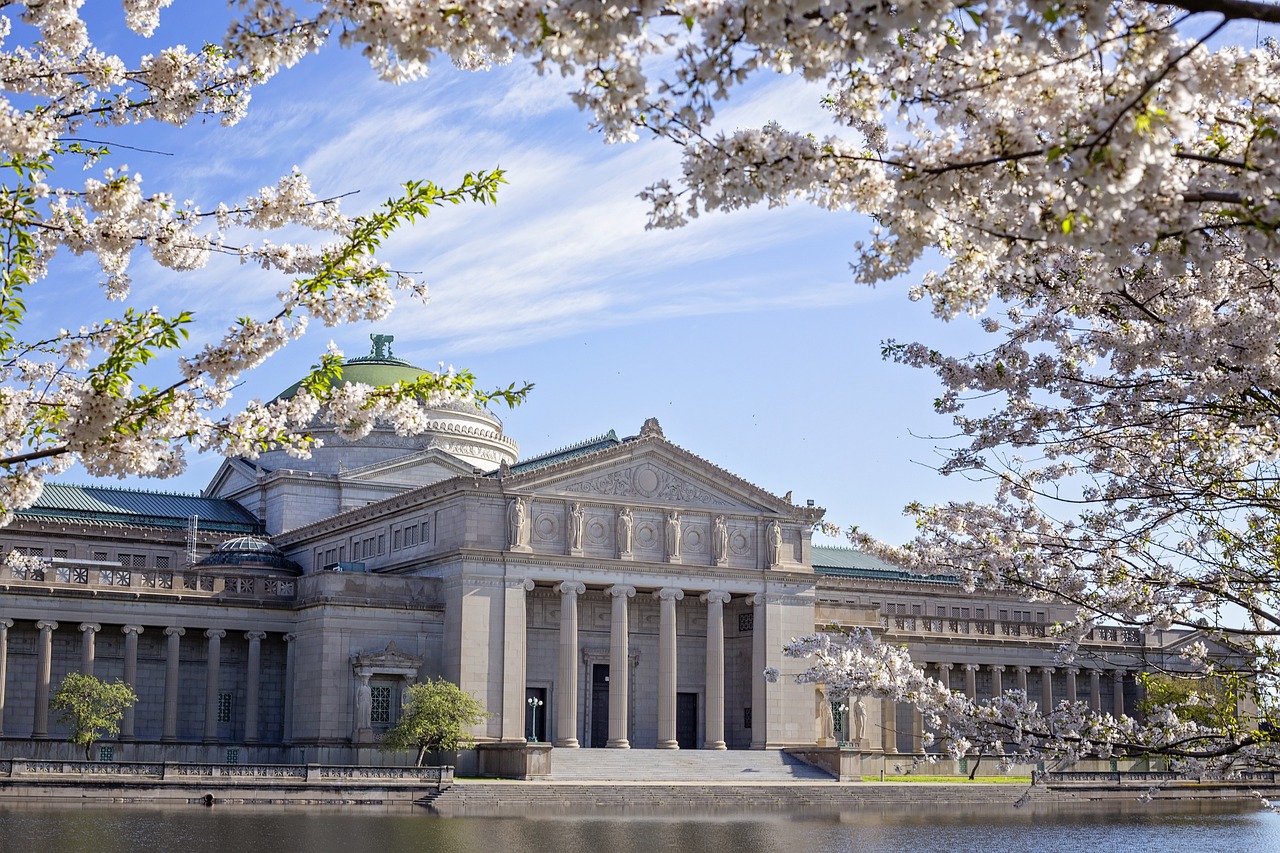
Education and Awareness
Education and awareness play a crucial role in fostering a deeper understanding of local history within a community. By delving into the past, individuals gain insight into the evolution of their surroundings, the struggles and triumphs of previous generations, and the significance of historical events that have shaped their community.
Through educational initiatives that focus on local history, residents can develop a strong sense of pride and connection to their roots. Schools, museums, and community organizations can collaborate to offer programs that highlight the unique heritage of the area, engaging learners of all ages in interactive experiences that bring history to life.
By raising awareness about the community's past, individuals become more invested in preserving and celebrating its cultural identity. Understanding the historical context of local traditions and landmarks fosters a sense of stewardship, encouraging active participation in heritage preservation efforts.
Moreover, education about local history can spark curiosity and inspire a thirst for knowledge among community members. By uncovering untold stories and exploring lesser-known aspects of the past, individuals can gain a more comprehensive view of their community's identity and heritage.
Creating opportunities for hands-on learning, such as historical walking tours, workshops, and interactive exhibits, can make the study of local history engaging and accessible to a wide audience. By making the past come alive through immersive experiences, communities can ensure that the lessons of history are not only remembered but also cherished and passed down to future generations.
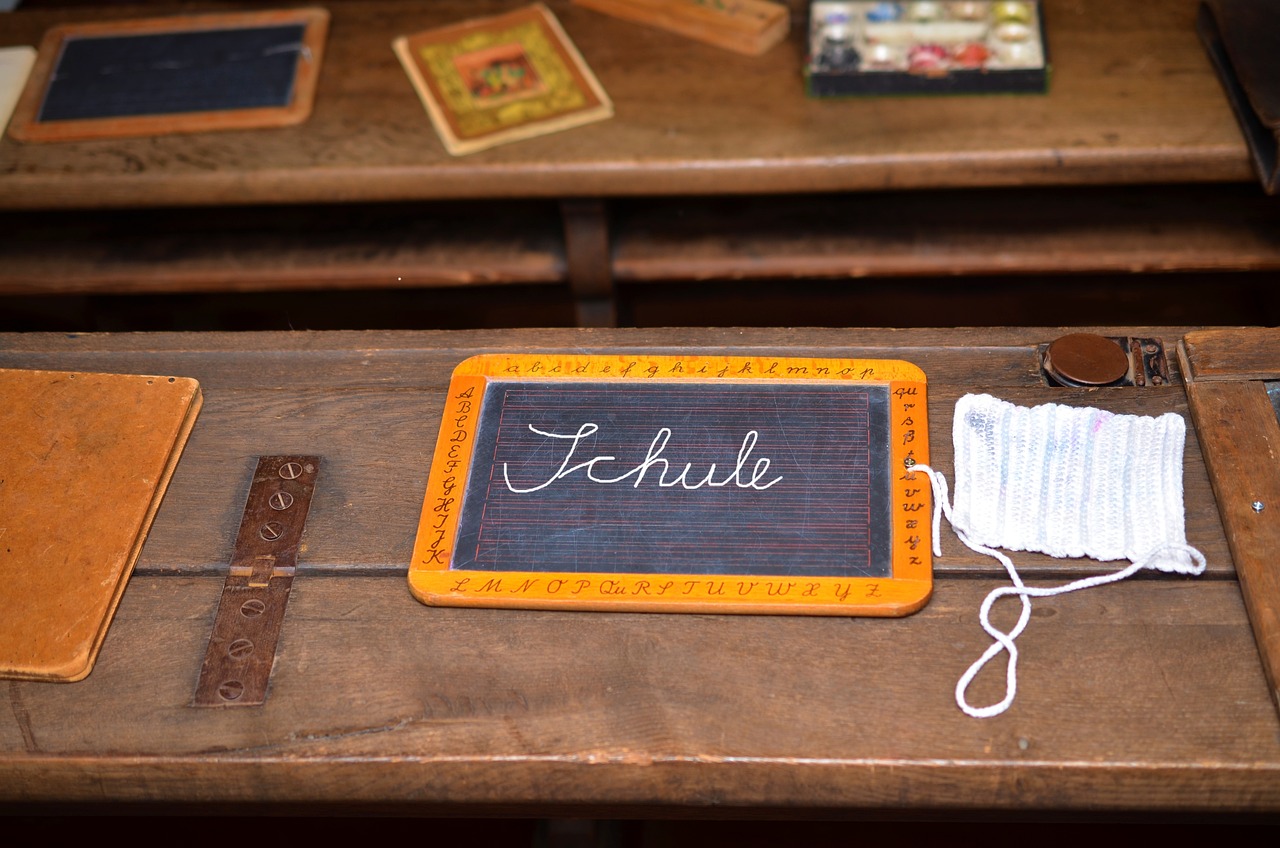
Heritage Tourism and Economic Development
Exploring how local history can strengthen community bonds, foster a sense of belonging, and promote civic participation through shared narratives and heritage preservation.
When it comes to heritage tourism and economic development, local history plays a crucial role in shaping the identity of a community and attracting visitors. By leveraging the unique historical aspects of a region, communities can create opportunities for economic growth and cultural enrichment.
Heritage tourism involves showcasing historical sites, landmarks, and cultural traditions to visitors, offering them a glimpse into the past and the heritage of a place. This not only attracts tourists but also contributes to the local economy by generating revenue for businesses, hotels, restaurants, and other services in the area.
Moreover, heritage tourism can create employment opportunities for local residents, as the demand for guided tours, historical reenactments, and artisanal products increases. By preserving and promoting local history, communities can sustainably develop their tourism sector while preserving their cultural heritage for future generations.
Additionally, heritage tourism can lead to the revitalization of historic districts, preservation of architectural landmarks, and the establishment of museums and cultural centers. These initiatives not only enhance the visitor experience but also contribute to the overall economic development of the community.

Addressing Social Issues Through Historical Perspective
Addressing social issues through a historical perspective is a powerful tool for communities to understand and tackle present challenges. By delving into the past, societies can gain valuable insights into how certain issues have evolved and persisted over time. This historical context can foster empathy and a deeper understanding of the root causes behind social problems, prompting individuals to take collective action based on the lessons learned from history.

Collaborative Projects and Community Initiatives
Exploring how local history can strengthen community bonds, foster a sense of belonging, and promote civic participation through shared narratives and heritage preservation.
Collaborative projects that revolve around local history serve as a powerful tool for community initiatives. By bringing together individuals with a shared interest in preserving and promoting heritage, these projects create a sense of unity and purpose within the community. Through collaborative efforts, residents can pool their resources, expertise, and creativity to develop initiatives that celebrate the unique history of their locality.
These projects often involve a diverse range of stakeholders, including local historians, community leaders, educators, artists, and volunteers. By working together, these individuals can leverage their collective knowledge and skills to create engaging and impactful initiatives that benefit the entire community. Whether it's organizing historical exhibitions, restoring heritage sites, or conducting educational workshops, collaborative projects play a vital role in preserving local history and fostering a sense of pride and ownership among residents.
Furthermore, collaborative initiatives that center around local history can also strengthen partnerships between different organizations and institutions within the community. By fostering collaboration and cooperation, these projects encourage a sense of shared responsibility for preserving cultural heritage and promoting community well-being. Through joint efforts, communities can amplify their impact, reach a wider audience, and create lasting legacies that benefit present and future generations.
Frequently Asked Questions
- What is the significance of local history in community engagement?
Local history plays a crucial role in community engagement by strengthening bonds among residents, fostering a sense of belonging, and promoting civic participation through shared narratives and heritage preservation. It helps communities preserve their cultural identity, traditions, and values, instilling pride and connection among residents.
- How does understanding local history stimulate civic participation?
Understanding local history motivates community members to engage in civic activities such as volunteering, voting, and advocating for local causes. By learning about the past experiences and struggles of their community, individuals are inspired to contribute actively to its present and future well-being.
- Can local history contribute to economic development?
Absolutely. Leveraging local history for heritage tourism can significantly boost economic development by attracting visitors, creating opportunities for local businesses, and supporting cultural institutions. Heritage tourism not only brings in revenue but also highlights the unique historical aspects of a community.
- How does local history help in addressing social issues?
Examining social issues through a historical perspective provides valuable context, promotes empathy, and inspires collective action based on past experiences. By understanding how communities have dealt with challenges in the past, individuals can work together to find solutions for current issues.

